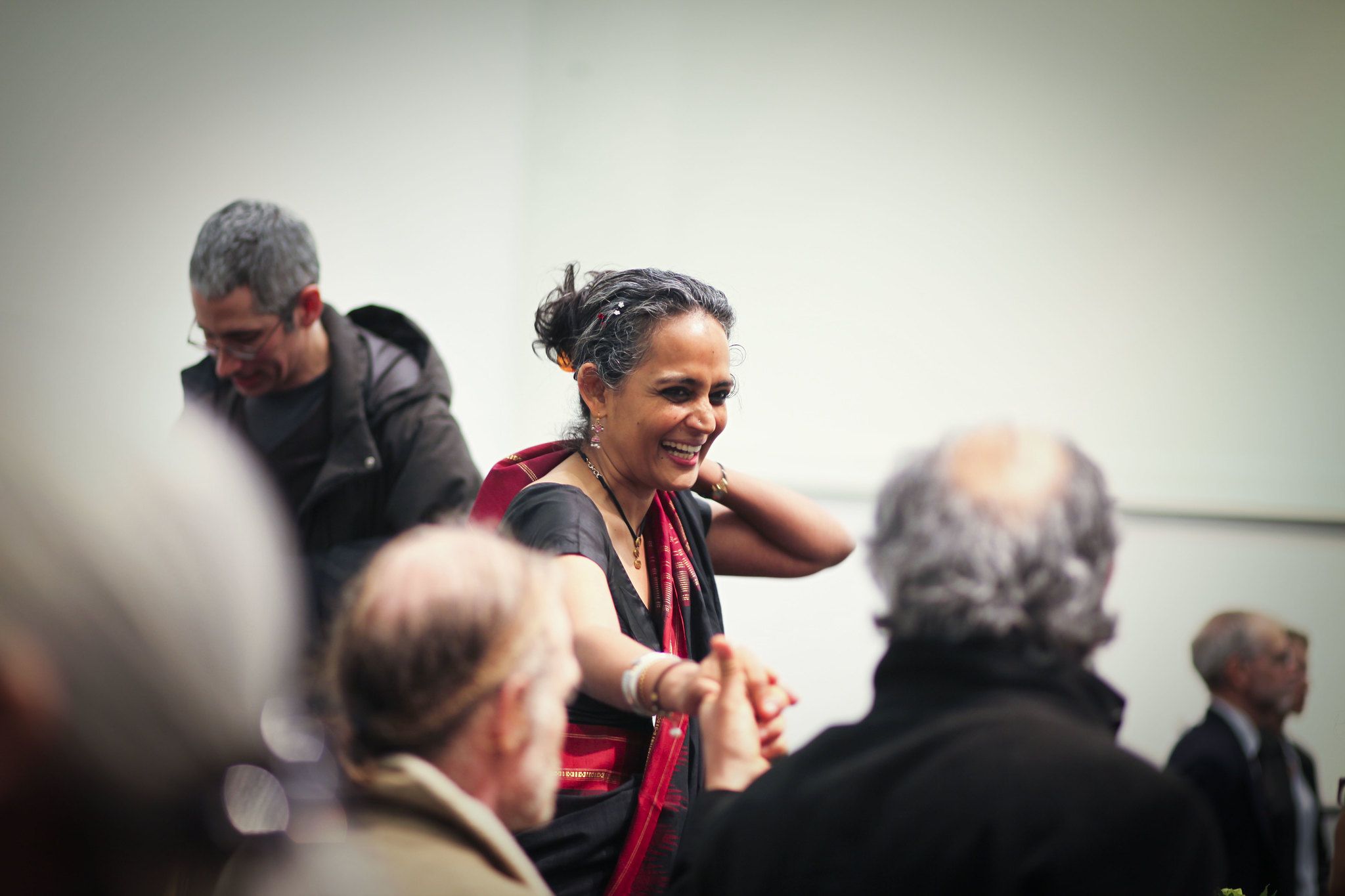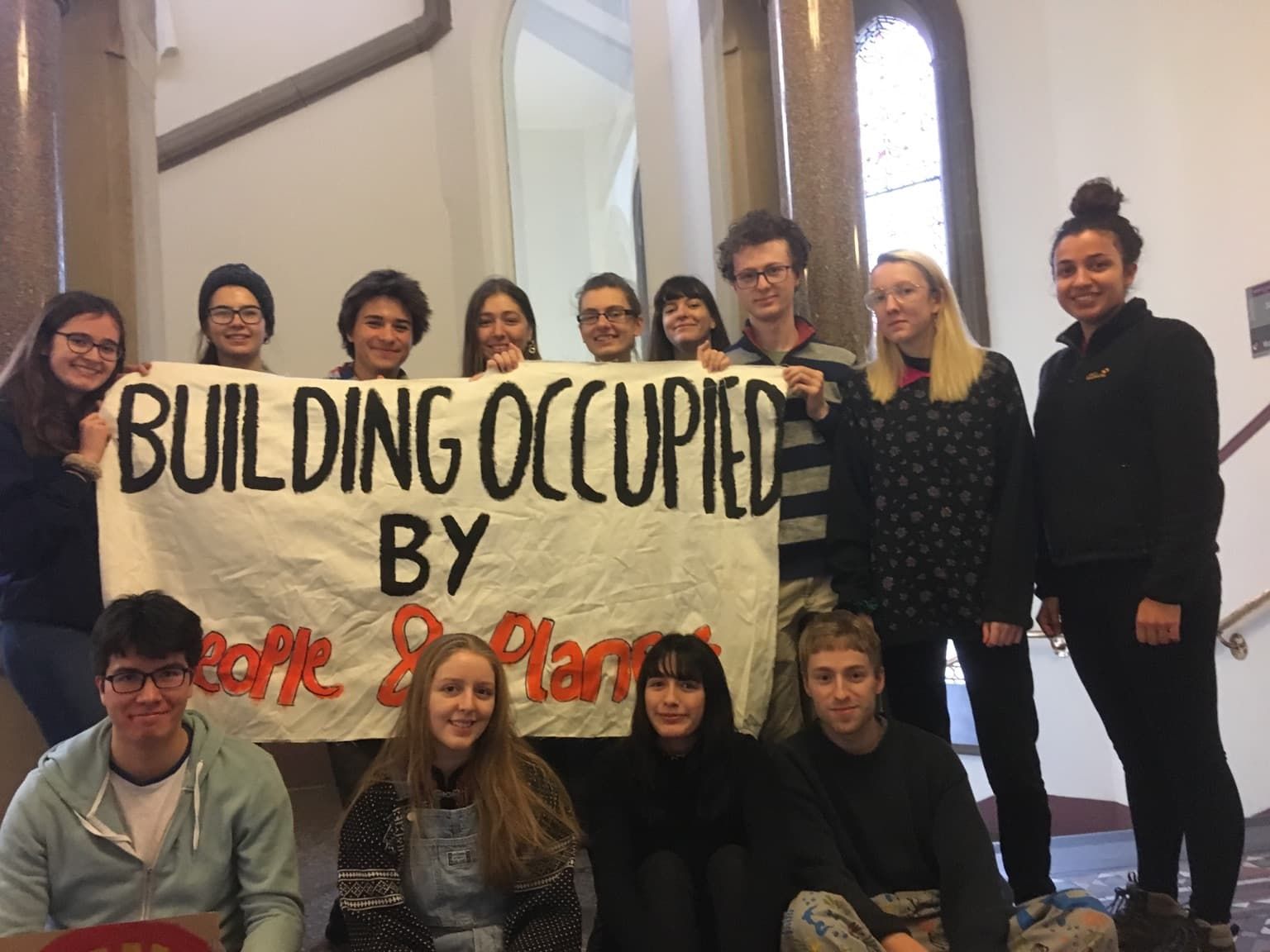International students to political leaders: “Represent our voices”
A group of international student activists have written a letter to leaders of all UK Political Parties demanding representation on current issues. In the letter, they urge the political parties to represent them and remember their voices whilst making their manifestos.
The letter, which was written on International Students Day, outlines five requests that they ask these parties to consider during their campaigning, ranging from the protection of certain study abroad schemes to nationalising visa services in the UK.
The first outlines their desire to have the two-year, post-study work visa extended to international students in the UK stating that “current international students miss out on this opportunity purely on the basis of implementation timings.”
In the second demand, student activists highlight the issue of uncertainty surrounding Brexit and the toll this has had on certain schemes. They ask party leaders to commit to “protecting the Erasmus schemes, cross-border study in Ireland, supporting inward and outward student mobility and ensuring that the UK and higher education institutions have access to research funding equivalent to the EU funding.”
Thirdly, they ask that parties abolish the NHS surcharges introduced in 2015, arguing that they impose an extra financial burden on students and cause them to feel “unwelcome” in the new chosen location of study. Concerns about financial burdens continue into the next demand, which asserts that international students should not be subjected to minimum salary requirements for employment.
Their last request is that the privatisation of visa services be ceased. Since privatisation has begun, they have stated that they have experienced a reduction in the efficiencies of the services.
The letter also highlights the importance of political parties acknowledging the contribution international students have made to the UK, and to ensure a fair immigration system that promotes a supportive society for international students.
Signed by 17 executive officers from universities up and down the country, Manchester’s last international officer Riddi Viswanathan and now the NUS Overseas Representative is first on the signatures list with Kwame Asamoah Kwerteng, the Students’ Union’s General Secretary, also a signatory.
Viswanathan explained the importance of the letter: “With the general election coming up, the open letter is an excellent opportunity for international students, specifically students from commonwealth countries to voice our concerns and make it clear to the political parties that we will be voting for the party that represents us and promises to address our issues.
“It’s quite assuring to see some parties actually taking a positive stance on re-introducing PSW visas in their manifestos. We are encouraging students from commonwealth countries to register to vote and this election will definitely see us voting in great numbers.”
General Secretary of the SU, Kwame Asamoah Kwarteng, told The Mancunion; “If you want to know the huge impact of international students on the United Kingdom, just look at how empty the cities become when school is in recess.
“Businesses in university based-cities literally close down international students leave. So when you add your voice to the issues raised by international students, you prepare the UK to be an inclusive country and it’s people to be enriched with the awesome benefits enumerated above.”

























